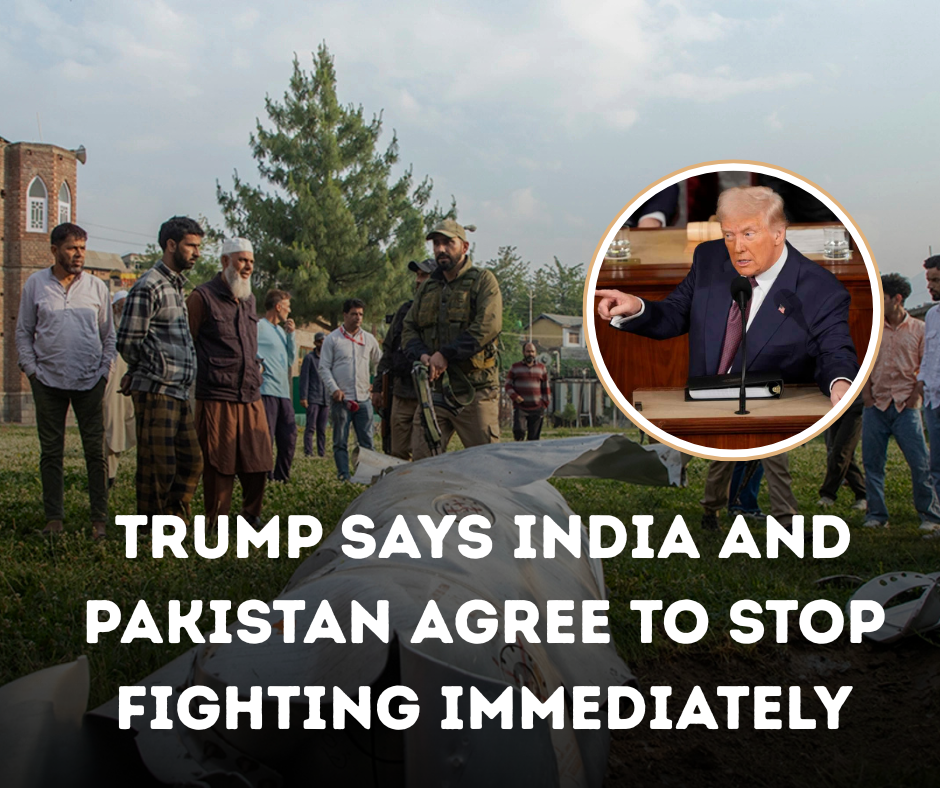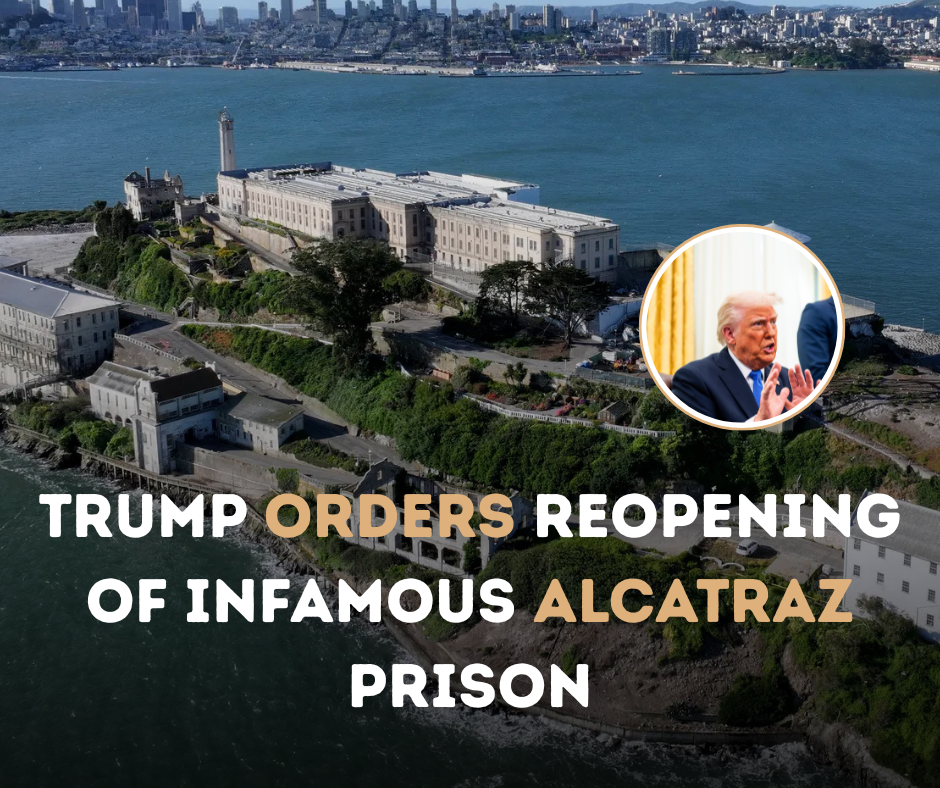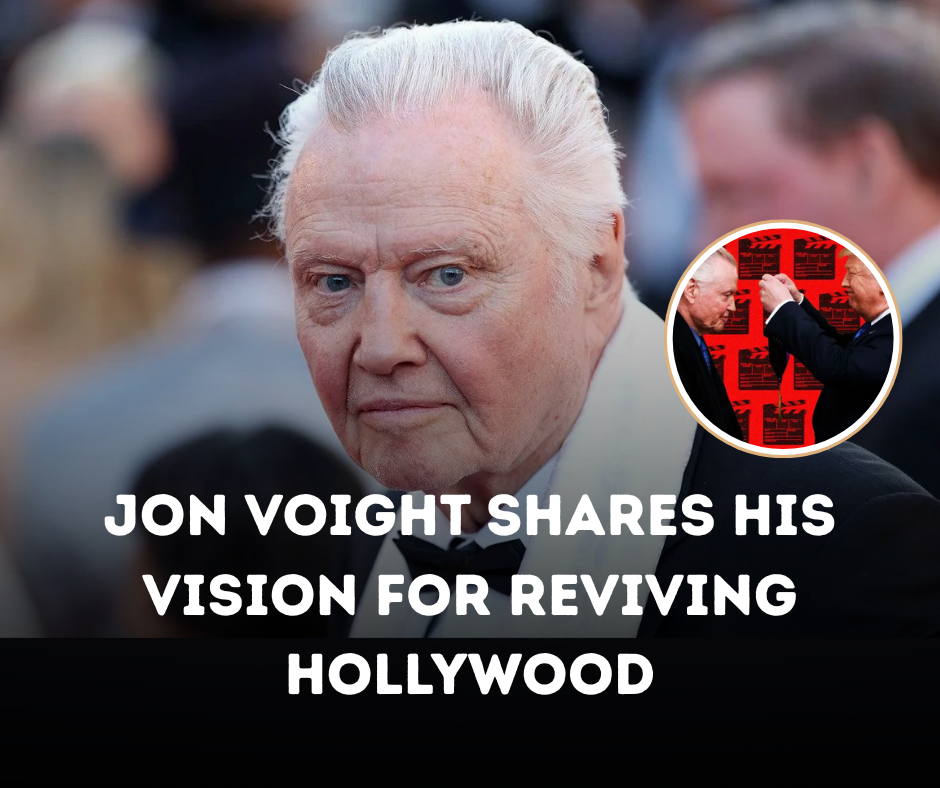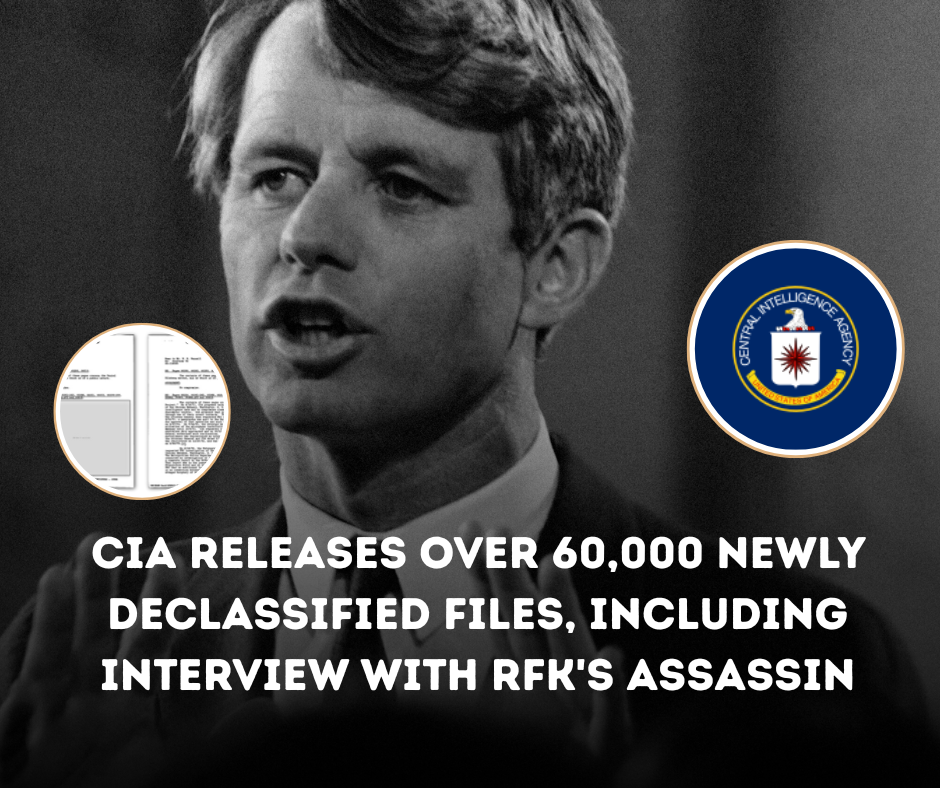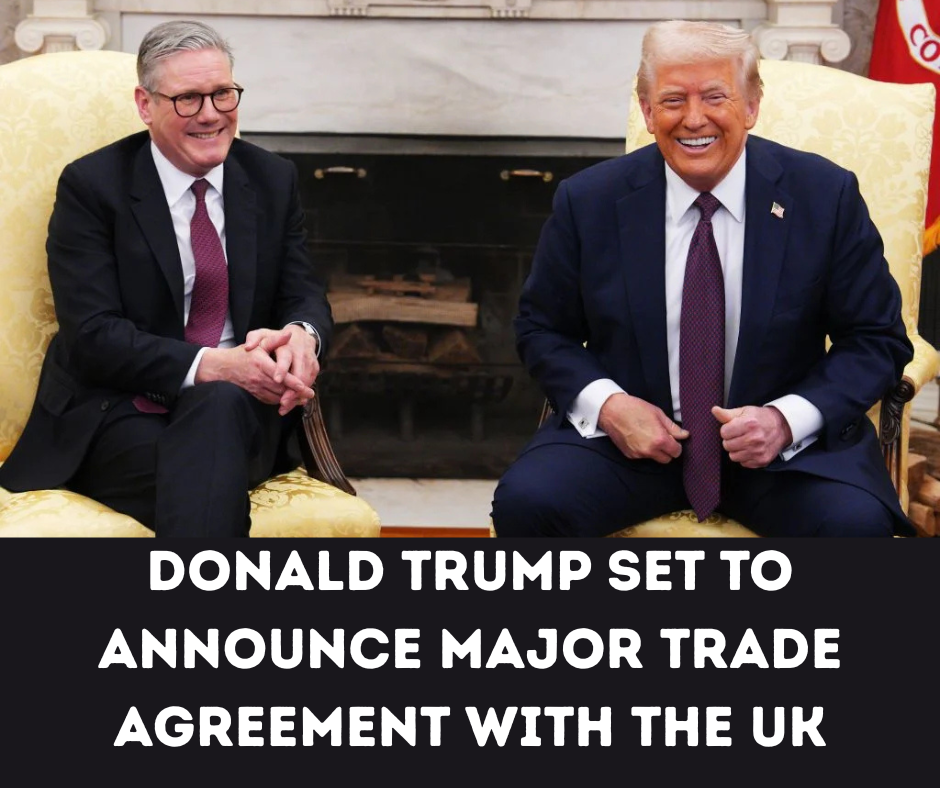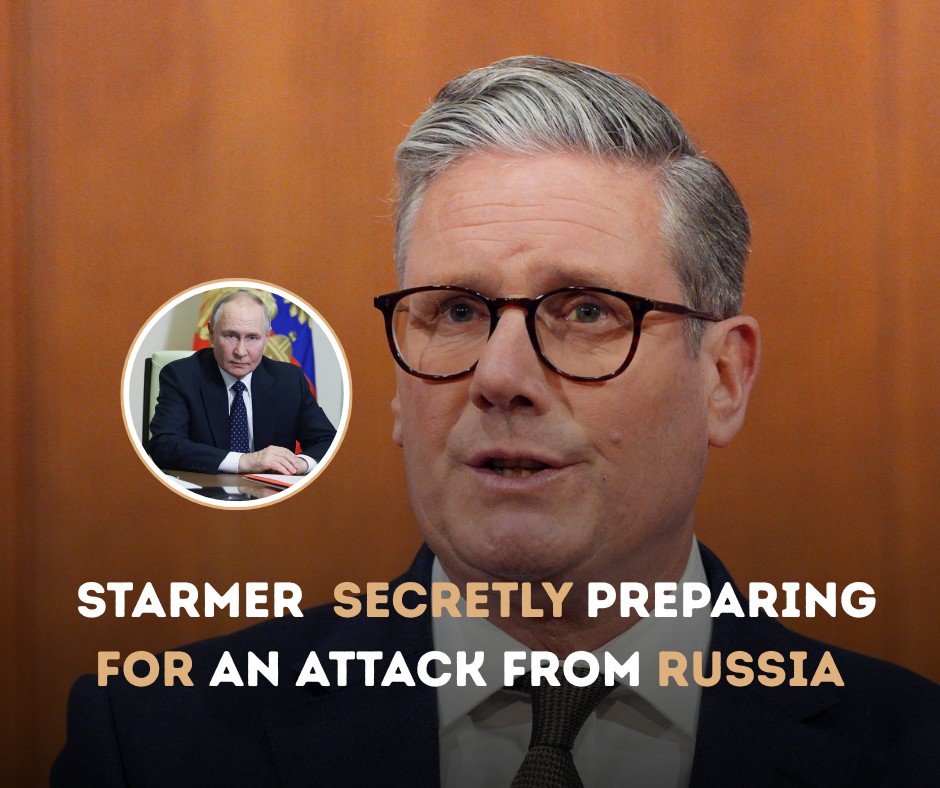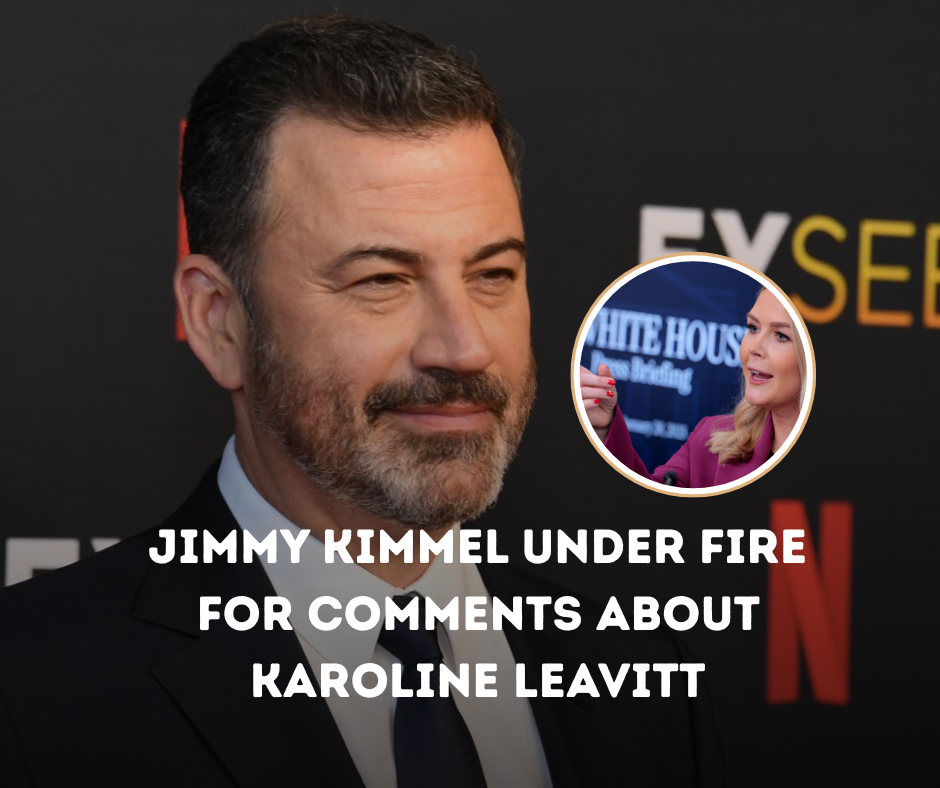Late-night talk show host Jimmy Fallon is no stranger to controversial humor, and his recent remarks about Meghan Markle have once again stirred the pot. During a segment on his show, The Tonight Show Starring Jimmy Fallon, Fallon mocked the Duchess of Sussex in his trademark comedic style. While many viewers laughed along with the joke, others have raised eyebrows over the timing and nature of the remark, questioning whether it crossed a line.
The Joke That Sparked Controversy
On May 8, 2025, Fallon made a lighthearted but pointed joke about Meghan Markle’s recent public appearances and her ongoing media presence. While discussing various news stories, Fallon quipped about the Duchess’s high-profile interviews, public statements, and her extensive media coverage since stepping down as a senior member of the British royal family.
Fallon’s punchline poked fun at Meghan’s lifestyle choices and her vocal stance on a variety of social issues. “Meghan Markle is everywhere these days,” Fallon said, “She’s like the Wi-Fi of the royal family—no matter where you go, she’s just there, trying to connect with you.”
The joke, delivered with Fallon’s usual wit, was met with laughter from the studio audience, but it didn’t take long for social media users and commentators to weigh in. Many fans of Meghan Markle and critics of Fallon’s approach felt that the joke, while intended to be funny, missed the mark.
Mixed Reactions from the Public
The mockery of Meghan Markle quickly became a hot topic on social media platforms, with a wide range of opinions emerging. Supporters of Meghan Markle were quick to voice their displeasure, calling the joke disrespectful and dismissive of her significant public advocacy work, which includes campaigning for gender equality, mental health awareness, and racial justice.
One Twitter user responded, “Fallon has always been funny, but this joke about Meghan Markle wasn’t it. She’s doing important work, and making light of it is a bit much.”
On the other hand, Fallon’s fans and many casual viewers took the joke in stride, seeing it as a harmless jab typical of late-night comedy. Fallon has built his career on poking fun at celebrities, politicians, and public figures, and his fans argue that no one is exempt from the humor of the late-night world.
“Jimmy Fallon has always made fun of public figures, it’s just what he does,” said another commenter. “If Meghan is going to be in the public eye, she has to be able to take a joke.”
Meghan Markle’s Public Image and Media Attention
Since stepping away from royal duties in 2020, Meghan Markle has maintained a prominent presence in both the media and public life. She and her husband, Prince Harry, have launched several initiatives through their Archewell Foundation, focusing on issues such as mental health, the environment, and social justice.
However, Meghan has also faced significant media scrutiny, particularly regarding her relationship with the royal family and her outspoken views on various societal issues. Her public statements, interviews, and high-profile media appearances have often sparked debates over her role in the British royal family and her ongoing influence in global discussions about social change.
Some critics of Meghan Markle argue that her media presence has been excessive, contributing to the constant media frenzy that surrounds her and her family. This has led to public jokes and jabs from late-night hosts, satirists, and even members of the British press. However, Meghan’s supporters believe she’s being unfairly targeted due to her outspoken nature and her desire to forge her own path outside the royal spotlight.
Jimmy Fallon’s History of Celebrity Humor
Jimmy Fallon is known for his lighthearted and often playful humor. Over the years, he has built a reputation for poking fun at celebrities, politicians, and pop culture moments in a way that is both entertaining and non-threatening. While some of his past jokes have been controversial, Fallon typically walks a fine line between satire and respect.
His comedic style usually involves imitating famous personalities, lampooning public figures, and highlighting the absurdities of fame and politics. Whether it’s impersonating former U.S. presidents, poking fun at Hollywood stars, or referencing trending news stories, Fallon’s humor tends to be light and comedic rather than mean-spirited.
That said, Fallon’s joke about Meghan Markle has raised questions about the boundaries of comedy in the modern age. As public figures like Meghan increasingly take control of their narratives, many wonder how comedians should balance humor with respect for personal experiences and important causes.
The Impact of Fallon’s Jokes on Public Figures
Public figures like Meghan Markle are no strangers to media scrutiny, and jokes at their expense are often part of the package of being in the public eye. However, as more celebrities and activists use their platforms to advocate for causes they believe in, there’s a growing debate about whether making light of their efforts is appropriate.
While satire and humor have always been tools for commentary on society and culture, the growing importance of social justice movements has led to increased sensitivity around certain issues. When public figures like Meghan use their voices to tackle serious matters, many fans believe that joking about their efforts, especially in a dismissive manner, can undermine the importance of the causes they support.
Looking Ahead: The Fine Line Between Comedy and Criticism
In the world of late-night comedy, humor often walks a fine line. While jokes like Fallon’s are meant to entertain, they can also unintentionally perpetuate negative stereotypes or offer critiques of public figures that might not always land as intended.
As more celebrities become vocal about their causes, it will be interesting to see how comedians like Fallon navigate this changing cultural landscape. Will they continue to mock public figures like Meghan Markle, or will they find new ways to balance humor with respect for the serious issues being addressed?
Regardless of the reaction to Fallon’s joke, one thing is certain: the conversation around celebrity humor, satire, and public activism will continue to evolve. Meghan Markle’s influence and public role are not likely to fade anytime soon, and with that, so too will the jokes and jabs from comedians like Fallon.
